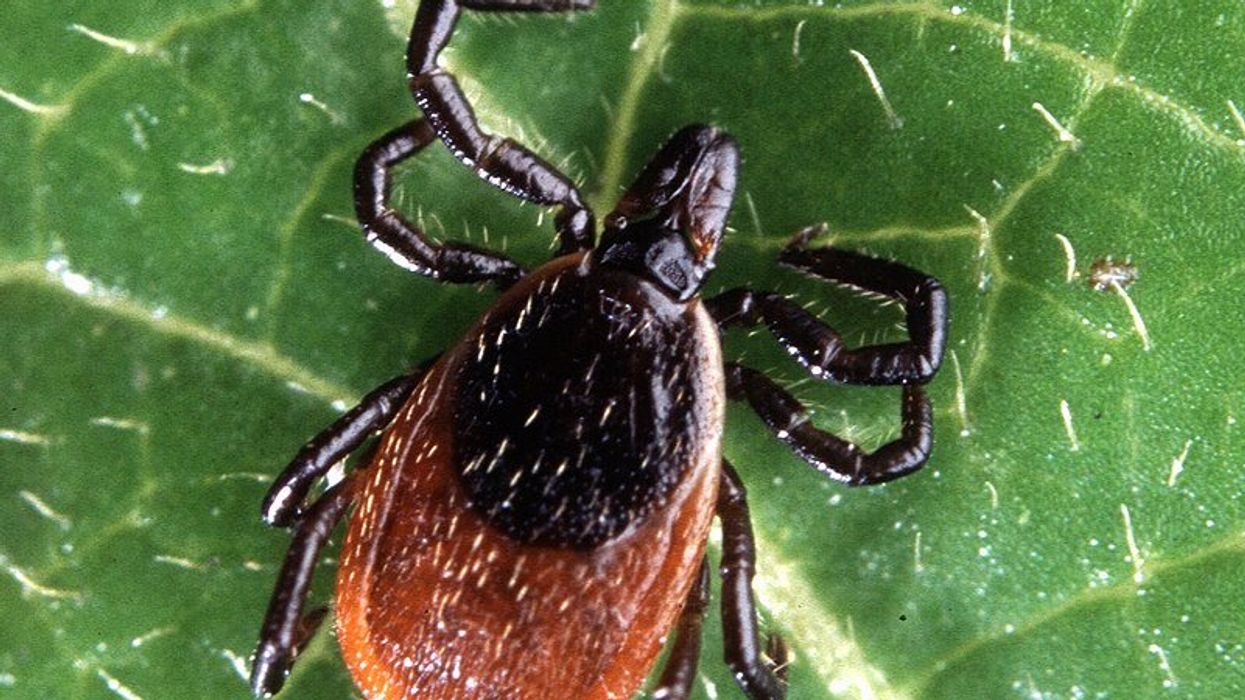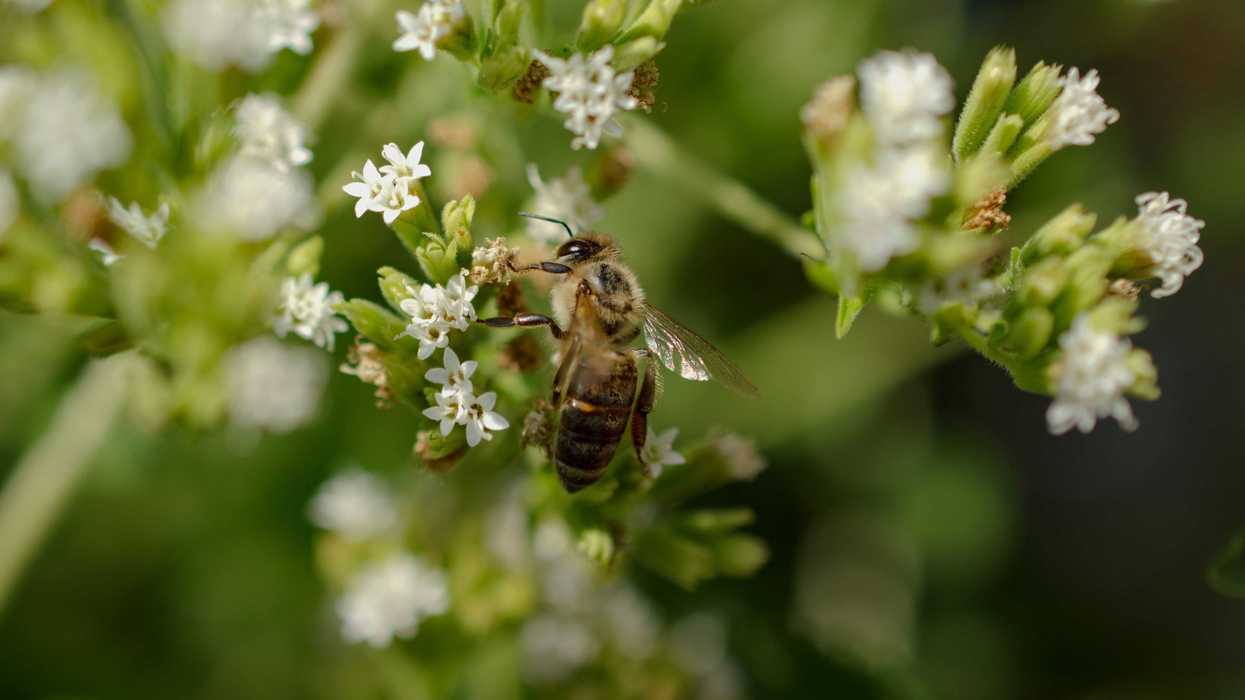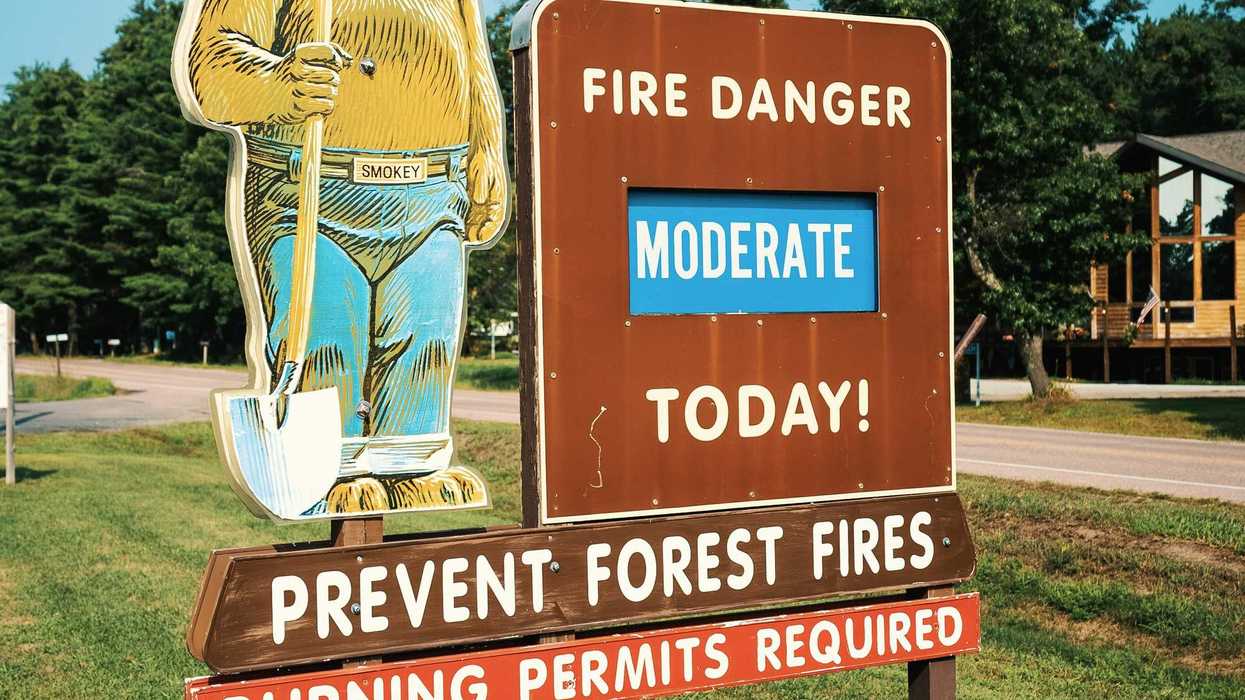A recent study published in the journal EcoHealth found that as climate change progresses, Lyme disease cases are set to increase dramatically in the northeastern and upper midwestern U.S.
In short:
- A 3-degree Celsius rise in global temperatures could raise Lyme disease cases up by 38%, translating to around 55,000 new cases each year.
- This spike in Lyme cases could also see healthcare costs increase by 38%, amounting to an additional $236 million annually.
- Lyme cases in more southeastern states are predicted to decrease slightly.
Key quote:
“Lyme disease is likely to have a considerable impact on the health of thousands more children and adults over the coming decades across these regions, particularly in more northern areas, leading to tens to hundreds of millions of dollars in annual healthcare costs.”
Why this matters:
The findings are estimated to be even higher with larger temperature increases, and are still likely an underestimate. The study did not consider factors such as the underdiagnosis and underreporting of Lyme disease, the expansion of ticks into new areas, or the growing prevalence of ticks that carry Lyme and other tick-borne diseases like anaplasmosis and babesiosis.
Related EHN coverage:
- Op-ed: How climate change harms pregnant people and their babies
- A guide to environmental health in southwestern Pennsylvania
On a personal note:
Several EHS staff members in the northeastern U.S. have battled Lyme and other tick-borne diseases personally. One suffered from Lyme and babesiosis, experiencing severe fatigue, body pain and frozen shoulders, to the extent of being unable to walk. My son and I are currently in treatment; he is a 24-year-old athlete with fluid-filled joints, walking with a limp and unable to run. I have been diagnosed with Lyme every summer for the past decade and also have had anaplasmosis.
















